Part C and Part B 619 staff can use the dials to support decision-making around how to collect, analyze and present data about sub-groups.
Introducing: Identify Sorting Dials
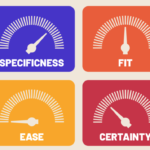

Part C and Part B 619 staff can use the dials to support decision-making around how to collect, analyze and present data about sub-groups.
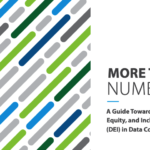
The guide is useful to staff who design program forms and surveys that involve the collection of disability, gender, or race/ethnicity information.
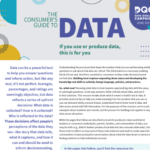
Part C and Part B 619 staff can use these tips to increase trust and clarity in publicly reported data and encourage appropriate use of data, particularly when data about historically underserved groups are presented.

Part C and Part B 619 staff can use this interactive tool with data teams and stakeholders to explore and determine the most appropriate methodologies for research or evaluation data collection.

Part C and 619 staff can use this tool to develop an awareness for and use of critical language framework to promote equity.

Part C and 619 staff can use this guide to identify language that is problematic and to use preferred language when referring to people.

Part C and Part B 619 staff can use this content to rethink their data visualization processes and tools in order to support racial equity.
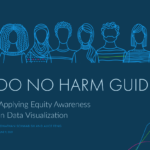
Part C and Part B 619 staff can use this resource to improve their data visualization especially when the data are identified by racial or ethnic groups.

Part C and Part B 619 staff can use the strategies in this presentation to develop their data leadership skills and gain confidence in asking important data equity questions.
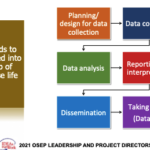
This presentation provides Part C and Part B 619 staff with an introduction to the importance of data leadership in promoting equity.